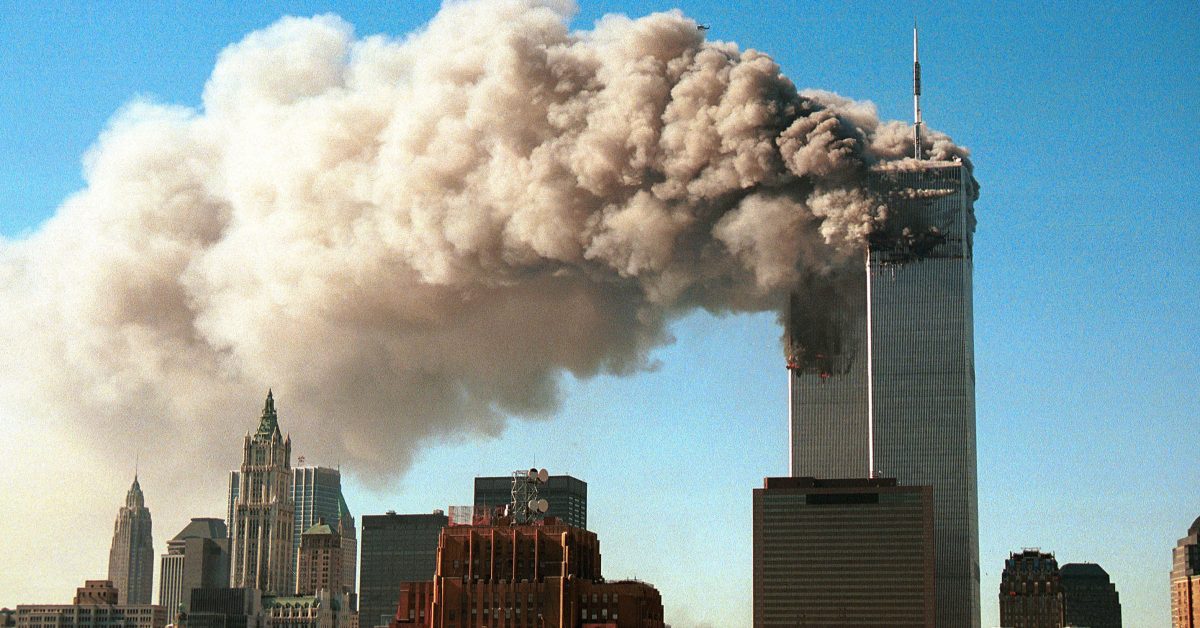This article outlines ten moments in political history that have had a significant impact on the world. From the fall of the Roman Empire to the fall of the Berlin Wall, these events have reshaped the political, economic, and social landscape of nations. The Magna Carta established the principle of rule of law, while the American Revolution and French Revolution paved the way for democracy. The industrial revolution led to the growth of industrialized nations, while World War I and II and the Cuban Missile Crisis resulted in significant political changes. The Russian Revolution gave birth to the Soviet Union and communism. Finally, the fall of the Berlin Wall marked the collapse of the Soviet Union and the emergence of a new world order based on democracy and free-market capitalism.
10 Moments in Political History That Shaped the World
The world has witnessed several significant moments in history that have shaped the political landscape of nations for decades. These events have often resulted from political crises, wars, or economic turmoil. They have left an indelible mark on the world, redefining the course of human history. In this article, we look at ten such moments in political history that have shaped the world.
1. The Fall of the Roman Empire (476 AD)
The fall of the Roman Empire marked the end of the ancient world and the beginning of the medieval era. The fall of Rome had far-reaching impacts on the political and cultural landscape of Europe, leading to the emergence of feudalism and the growth of Christianity. The event also paved the way for the formation of modern-day Europe’s political states.
2. The Magna Carta (1215)
The Magna Carta was a landmark document in western political and legal history. It established the principle of the rule of law, curtailing the arbitrary powers of monarchs. The Magna Carta also established the principle of limited government, which became the cornerstone of constitutional governance in the Western world.
3. The American Revolution (1775-1783)
The American Revolution marked a turning point in world history, leading to the birth of the world’s first democracy. The revolution paved the way for the formation of the United States, signaling a break from British colonial rule. The American Revolution also inspired other movements for independence in Latin America.
4. The French Revolution (1789-1799)
The French Revolution marked the beginning of modern political history, ushering the end of absolute monarchies and the rise of democracy. The revolution also marked the emergence of the modern nation-state, with the principles of liberty, equality, and fraternity becoming a guiding philosophy of western politics.
5. The Industrial Revolution (1760-1840s)
The industrial revolution marked a significant change in human history, leading to the emergence of capitalism and the growth of industrialized nations. The shift from an agrarian to an industrial society brought about significant changes in the political and economic landscape of western countries.
6. World War I (1914-1918)
World War I marked one of the deadliest conflicts in world history. The war served as a catalyst for significant political changes, including the collapse of ancient empires, the rise of new political ideologies, and the emergence of the United States as a global power. It also paved the way for world War II, which altered the political landscape of the world in unprecedented ways.
7. The Russian Revolution (1917)
The Russian Revolution marked a turning point in world history, leading to the birth of the Soviet Union and communism. The revolution represented a challenge to the existing political order, calling for radical political change and the creation of new political systems. The Russian Revolution inspired revolutionary movements across the world, leading to the rise of socialist and communist movements.
8. World War II (1939-1945)
World War II marked one of the deadliest conflicts in world history, with an estimated 60 million people losing their lives. The war resulted in significant political changes, including the emergence of the United States and the Soviet Union as global superpowers. The war also marked the beginning of the Cold War, which reshaped the political and economic landscape of the world for decades.
9. The Cuban Missile Crisis (1962)
The Cuban Missile Crisis marked one of the most dangerous moments in world history, with the world coming close to a nuclear war. The crisis represented a significant challenge to the existing political order, with the United States and the Soviet Union engaging in a political brinkmanship that threatened to upend the world order. The crisis marked a turning point in the Cold War, paving the way for a period of détente between the two superpowers.
10. The Fall of the Berlin Wall (1989)
The fall of the Berlin Wall marked a momentous event in world history, signifying the end of the Cold War and the collapse of the Soviet Union. The event paved the way for the reunification of Germany and the emergence of a new world order based on democracy and free-market capitalism. The fall of the Berlin Wall also represented a triumph of people power, with ordinary citizens coming together to bring about a radical political change.
Conclusion
The ten moments in political history presented above have left an indelible mark on the world, reshaping the political, economic, and social landscape of nations. These events have often resulted in significant political changes, challenging the existing political order and paving the way for new political systems. As we move forward, these moments in history serve as a reminder of the power of political change and the importance of creating a better world for future generations.
